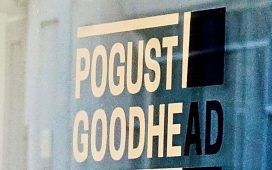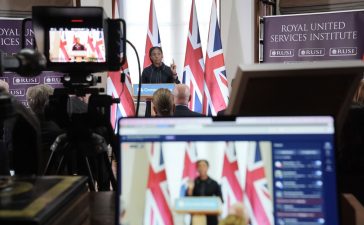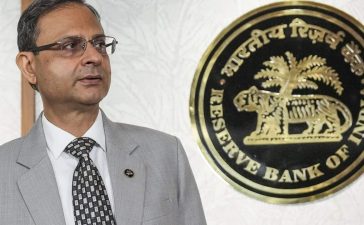A woman has been awarded £35,000 in compensation from the Crown Prosecution Service (CPS) after her rape case was dropped over claims that she could have had an episode of a rare sleep condition called sexsomnia.
Jade Blue McCrossen-Nethercott, 32, contacted police in 2017, when she was 24, after waking up to discover she was half-naked, and with the sense that she had been raped while she slept.
Three years later – and days before the man charged with raping her was due to stand trial – lawyers from the CPS said her case was being dropped because two sleep experts said it was possible McCrossen-Nethercott had had an episode of sexsomnia – a medically recognised, but rare, sleep disorder which can cause a person to engage in sexual acts in their sleep, while appearing to be awake and consenting. The case was closed and the defendant acquitted.
In 2022, McCrossen-Nethercott sued the CPS after it admitted her rape case should not have been dropped. Now, the BBC has reported that she has been paid £35,000 by the CPS, which said it had “apologised unreservedly” to her and was “committed to improving every aspect of how life-changing crimes like rape are dealt with”.
McCrossen-Nethercott said the CPS had “taken me to the darkest points of my life”, and that it felt “like a big triumph to be able to hold them accountable”.
“It has taken a lot from me, but I held on to a lot of positives. I am really proud of the work that both myself and the Centre for Women’s Justice have done to get to this point,” she said.
Kate Ellis, the joint litigation lead at the Centre for Women’s Justice, who represented McCrossen-Nethercott, said claims from victims against the CPS were “difficult legally”, with payouts “extremely rare”.
“This is the first case of which I’m aware in which a rape victim has been awarded compensation by the CPS in relation to a decision that’s been taken to discontinue their case before trial,” she said.
“It’s a testament to how severe the failing was on the part of the CPS that we have been able to bring this claim.”
In the BBC TV programme Sexsomnia: Case Closed?, McCrossen-Nethercott said she had woken up at 5am half-naked and accused the man she was with of raping her.
“I confronted him, saying: ‘What’s happened? What have you done?’ And he said something a bit odd, I guess, but he did say: ‘I thought you were awake.’ And he just bolted out, basically, and left the door open,” she told the BBC.
In distress, she called a friend, and police arrived and took her for forensic tests. Vaginal swabs detected semen which would later be matched to the man.
The suspect offered no comment when initially questioned by police. When McCrossen-Nethercott made her statement, she was asked about her sleep, and said she had always been a deep sleeper and had sleepwalked a couple of times as a teenager.
after newsletter promotion
When the case was dropped, McCrossen-Nethercott requested all the evidence and was shocked by the weight given to evidence from sleep experts who had never met her.
Additional experts said sexsomnia could not be ruled out, but other legal experts said they had only heard of it when being used as a defence by those accused of rape.
A spokesperson for the CPS said: “A settlement has been reached with Ms McCrossen-Nethercott, to whom we have apologised unreservedly, and we continue to wish her the very best going forward.
“We remain positive about the progress being made and recognise there is still a long way to go to improve outcomes for victims, so more people can come forward and report with confidence.”
Earlier this year, the Observer uncovered a rise in the use of “sexsomnia” as part of defence cases in criminal trials. It found 80 cases over the past 30 years where defendants accused of rape, sexual assault or child sexual abuse claimed to have been sleepwalking or suffering from sexsomnia at the time.











